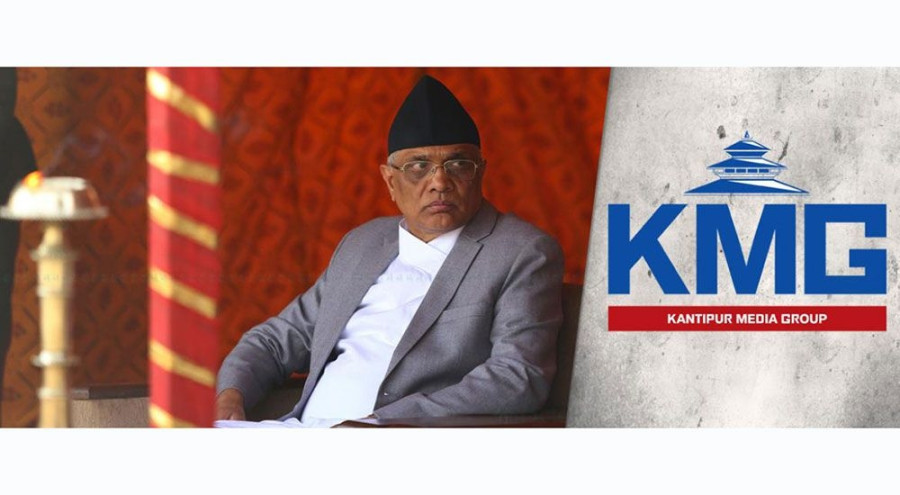National
Contempt case has no merit: Experts
The contempt of court case filed against the Kantipur daily at the Supreme Court is not within the parameters of such a case, constitutional and legal experts have said.
The contempt of court case filed against the Kantipur daily at the Supreme Court is not within the parameters of such a case, constitutional and legal experts have said.
Contempt of court gets attracted only when obstacles are put to the court proceedings or other processes that stop the court from delivering justice, they argue, but Kantipur only reported about Chief Justice Gopal Prasad Parajuli’s date of birth based on discrepancies in his official papers, which cannot be an issue of contempt of court.
The Supreme Court (SC) has already ruled to investigate the controversy over his date of birth and duplicity of his citizenship certificates, and academic qualifications. In this context, Kantipur’s news reports were aimed at informing readers on issues of great public concern, according to experts. They are of the view that questions raised about an individual should not be construed as contempt of court.
“The news published by Kantipur Daily has questioned authenticity of his academic qualifications and birth certificate. The news has no links with contempt of court,” said Shiva Gaunle, former president of the Federation of Nepali Journalists, who specialises on court reporting.
“Attempts to impose censorship in publishing or broadcasting news about an individual character of court would be against the provisions of freedom of speech and expression guaranteed by the constitution,” Gaunle added.
Contempt of court has only three grounds: obstruction in judicial process, obstruction in implementation of court order and publishing news with a motive to defame court, according to experts. But none of these grounds is applicable in the news published by Kantipur. They argue that the news only raises questions about some documents of the chief justice and is unrelated to contempt of court.
Constitutional expert Bipin Adhikari said the news published by Kantipur Daily cannot become a subject of contempt of court. “The editorial and news reports published by Kantipur Daily cannot become a subject of contempt of court. Press is allowed to publish news on public policy issues,” said Adhikari.
National and international media organisations have already deplored the SC court order to probe the news published by media and the contempt charge against Kantipur. Reporters without Borders has also condemned CJ Parajuli’s move to instruct the Press Council Nepal to ensure that Kantipur Daily refrains from publishing any further reports criticising him. The RSF urged Nepal’s parliamentarians to consider an impeachment motion if the chief justice does not rescind this decision at once. The FNJ has said that contempt of court against Kantipur Daily is against the spirit of constitution and freedom of expression and urged the apex court to correct it.
This is not the first time Parajuli has tried to muzzle the press and Kantipur in particular. In 2014, he had charged Kantipur with contempt of court as an SC justice then, but a two-member bench of Justices Biswambhar Shrestha and Sapana Malla dismissed the case on 2 Feb 2017. Their final verdict was: “The news, articles and editorials published by Kantipur had no ulterior motive of compromising on the court’s public trust.”
Civil Society leader Krishna Pahadi said questions raised about a court individual cannot become an issue of contempt of court. “There have been attempts to cover up the weakness of an individual of court by putting the whole judiciary at the forefront,” he said. In a marked departure from the time-honoured tradition, a single bench of CJ Parajuli himself issued the interim order.
The practice is against the principles of natural justice and raises issues of conflict of interest on the CJ’s conduct, according to experts. Due to the lack of a specific law, the SC is exercising discretionary powers when it comes to issues related to contempt of court, often misusing them.




 9.7°C Kathmandu
9.7°C Kathmandu













